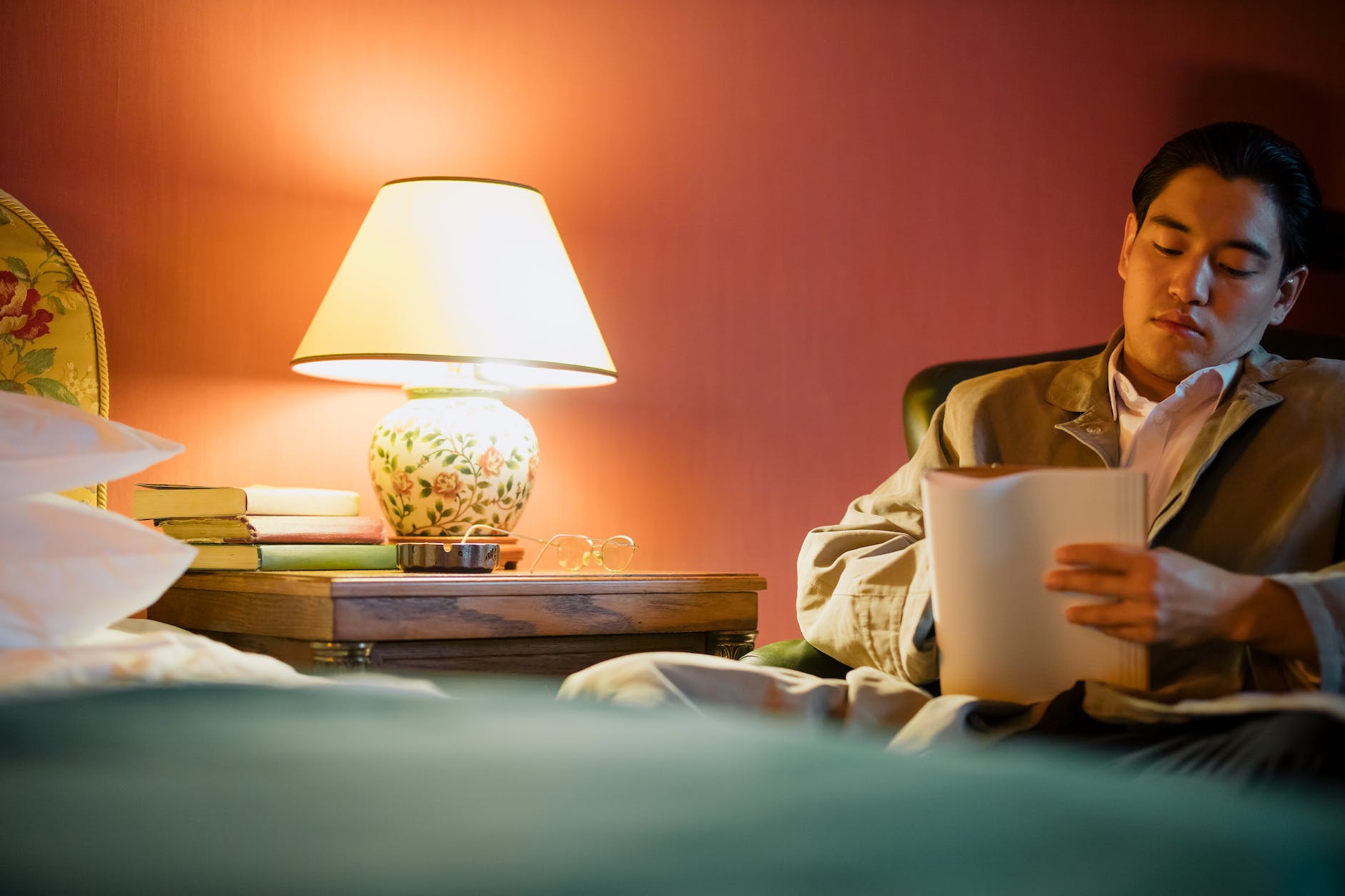
How to Safely Stay in a Hotel this Summer
The federal government placed travel restrictions and clamped down on international travels during the summer of 2021 due to COVID-19. With the coronavirus pandemic subsiding and businesses reopening, you can now go to that dream travel destination. Understandably, projections show that 2022 summer travel will be at 115% of pre-pandemic passenger volumes.
That said, the Pandemic is not done with Americans yet. Coronavirus deaths ticked past one million on 4th May 2022, so you must exercise caution. Follow these steps to minimize COVID infection and safely stay in a hotel this summer.
1. Use Contactless Check-Ins during the Pandemic
Technology has to the fore in putting the brakes on the pandemic spread. Most American hotels make good of this by encouraging you to check in online. Insist on a high-touch-free service. That’s where digital signage comes in handy, as it can facilitate self-check-in. Additionally, there is the emergence of mobile keys for remote controls.
2. Avoid Hotels Without Vaccination Protocols
Make a point of avoiding hotels without strict vaccination protocols. While the CDC encourages traveling only if you’re vaccinated, vaccines are only 85-95% effective—they are not bulletproof.
You have to be extra careful when on international travel to avoid exposure to unknown coronavirus variants. Traveling to areas with low vaccination rates also puts you at a higher risk of infection, so conduct prior research.
Kids under 12 years are at less risk of infection, but ensure they follow safety precautions. Protect them by frequently washing their hands and ensuring social distance.
3. Social Distancing to Avoid the Coronavirus Pandemic
Whether you intend to vacation in New York, Florida, Hawaii, or Los Angeles, California, always observe social distancing rules. It helps to choose a hotel with low occupancy levels.
Some American hotels have digital signage, so you can always check on them for public health updates.
4. Exercise caution when swimming

swimming
The American Center for Disease Control and Prevention (CDC) deemed pool water safe due to maintenance with chlorine and bromine. However, the pool deck, railings, and shared lockers experience high human traffic.
If you can, avoid the pool area or make alternative arrangements where you can change clothes. Alternatively, ensure those common areas are well sanitized.
As for swimming on the beach, oceans and large water bodies are safe. The main concern is how you behave when on the shore. Select a destination with a broad, less crowded beach, and ensure physical distancing.
5. Set and Observe Cleaning protocols
Even with travel destinations opening up, most hotels still have safety protocols to prevent COVID-19 cases. While it may seem risky to do non-essential travel, hotel stays could now be safer. Most have enhanced cleaning practices in line with the American Hotel & Lodging Association guidelines, including fumigation and disinfecting.
But it would be best if you didn’t overly rely on hotel cleaning protocols to assuage your safety. Your traveling bag should include disinfecting spray, hand sanitizer, and lots of disinfecting wipes. Remember to wash your hands regularly after touching doorknobs and light switches, which hotel staff may overlook when disinfecting.
6. Face Coverings to Prevent Coronavirus Spread

Face Mask
It may be tempting to ignore face coverings with the end of mask mandates; they are vital to staying safe. Face coverings like masks are the bare minimum when in public areas, such as the lobby and common areas. You can take them off in your hotel room when no one is around.
Ensure the face-covering allows you to breathe freely and drink plenty of water. Whatever type of face mask you settle on, it will become damp in hot areas. Pack several of them to change into a dry one when needed.
7. Ensure Proper Ventilation in Your Room
While you can avoid crowds and stick to your hotel room, it may get warm and stuffy during the summer. Open the windows to allow air circulation as poorly ventilated indoor spaces pose a high risk of coronavirus transmission. If possible, open the doors to ensure the cross breeze leaves your room fresh.
You shouldn’t worry about ventilation if you use a flight because airplanes have HEPA filters that reduce exposure to bacteria or viruses. The air in a plane is sterile in the interest of your wellness, so you’ll not get an infectious disease as you travel.
Yes, You Can Safely Stay in Hotel This Summer
Just because the government hasn’t completely eliminated travel advisories doesn’t mean you can’t enjoy your summer in a hotel. The COVID-19 Pandemic was more pronounced last year, but you can now opt for a hotel, guest room, vacation rental (Airbnb), or road trip on a caravan for a getaway.
You can safely stay in a hotel this summer by social distancing, vaccinating, and staying in hotels that observe industry-wide cleaning and safety guidelines. Follow healthcare advice by the CDC and take a COVID-19 test on your return. Observe pandemic protocols as you await the test results, and you will have a great summer.





